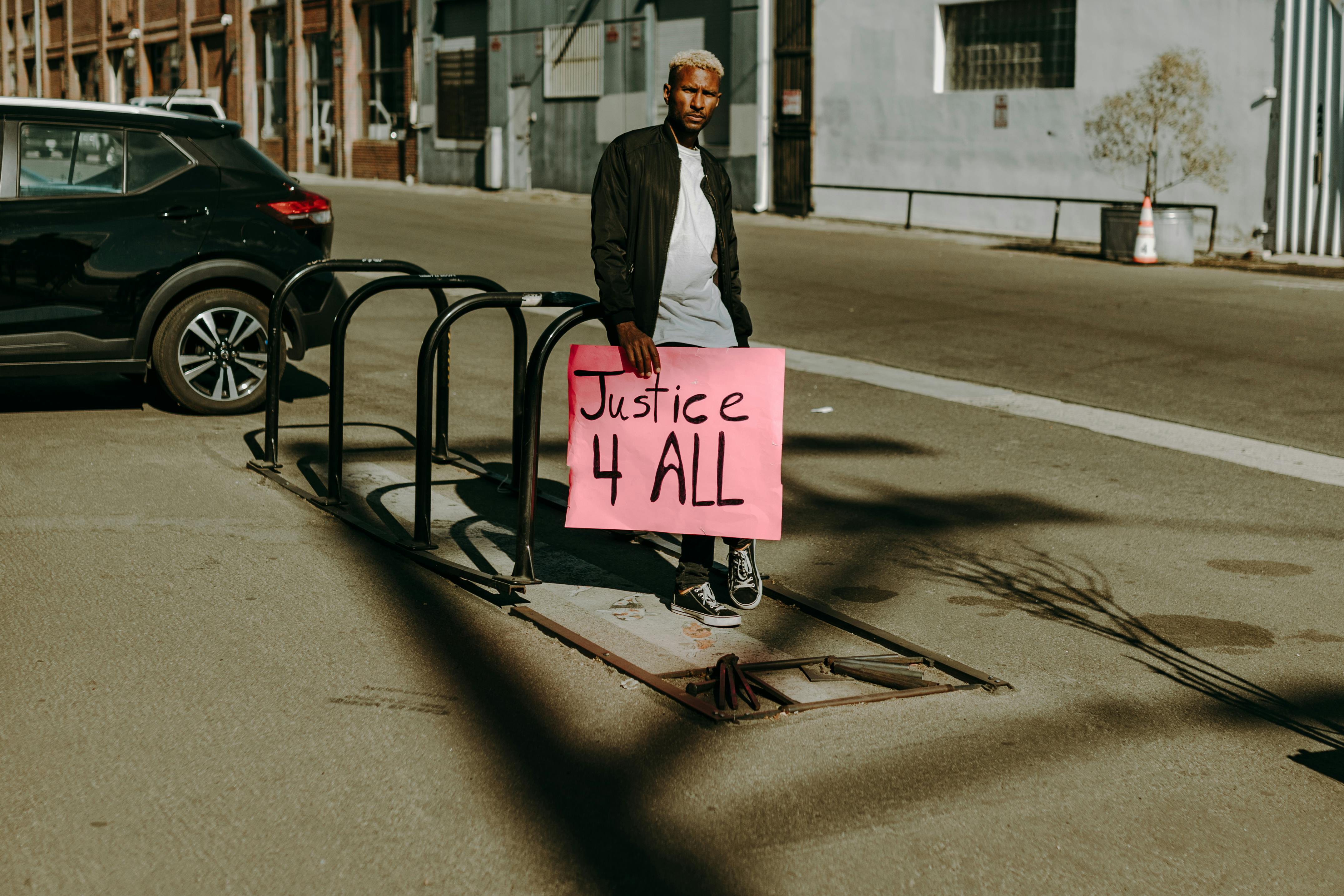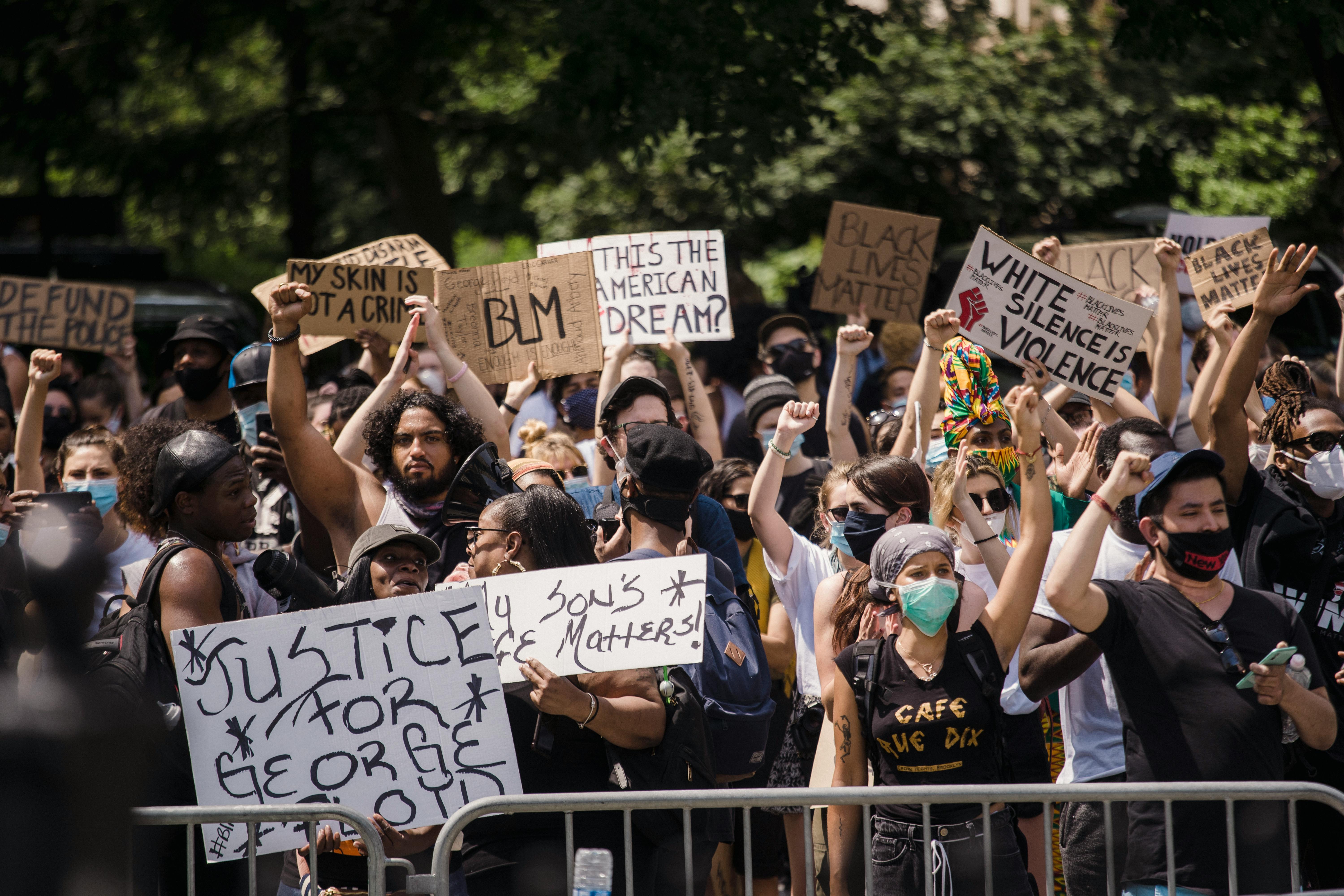There are two types of criminal offenses in Canada, each with their own procedural phases: summary conviction offenses and indictable offences. Most crimes are dual or hybrid procedure. This means that the Crown Prosecutor can choose to prosecute by summary conviction or indictment.
Summary conviction offenses
These crimes generally carry a penalty of up to a maximum of six months in prison, with some exceptions. There are two procedural phases: pre-trial and trial, and an experienced Criminal Lawyer may employ different strategies applicable to each phase.
The pre-trial phase consists of three procedural stages:
1) Obtain full disclosure of all evidence from the Crown Prosecutor;
2) a pre-trial meeting of the Crown; and
3) in the Judicial Instruction.
When facing charges in the Toronto courts, the initial disclosure provided during the first or second court appearance is, in most cases, incomplete. A criminal defense attorney will carefully review the entire disclosure and will make a second or third request for additional materials that appear to be missing from the disclosure packet. These additional materials are almost always helpful to the client’s case. Once full disclosure has been obtained, the Criminal Defense Lawyer will review the materials with the client before proceeding to the next step.
In Toronto, a Criminal Defense Lawyer will schedule a pre-trial meeting with the Crown Prosecutor. An effective strategy for the Criminal Defense Lawyer is to fully analyze all issues and identify any weaknesses in the Crown case. In some cases, the Crown would consider reducing or dropping the charges.
A judicial pretrial is a meeting that takes place before a judge where both crown counsel and criminal defense attorney are present and, in Toronto, can be scheduled in most cases. An effective strategy for an experienced criminal defense lawyer is to use this opportunity to re-argue any weaknesses in the Crown’s case and encourage the judge to confront the Crown in order to review whether the charges should be reduced or dropped. Additionally, the Crown may indicate a sentencing position in an anticipated guilty plea and this would also be discussed with the judge. Once the issues have been narrowed down, and if a trial is to take place, then it is discussed how many witnesses are expected to be called and how long the trial is likely to last.
Once the pre-trial phase is complete, the Criminal Defense Attorney will discuss trial strategies with the client and obtain instructions for setting a trial date. In Toronto, the trial would take place in one of the five courts of the Ontario Court of Justice.
unspeakable offenses
These are the most serious crimes, which can carry a maximum sentence of two years to life in prison. Most indictable offenses provide the opportunity for the criminal defense attorney to choose to have a preliminary hearing before a judge in the Ontario Court of Justice, which takes place after the pre-trial phase and before the trial phase. . In Toronto, there are five courts of the Ontario Court of Justice where criminal cases are heard: Old City Hall, College Park, Scarborough Court, and two in North York. Similar to a trial, the Crown calls its witnesses and the Criminal Defense Lawyer has the opportunity to cross-examine each witness. There is no plea of guilty or not guilty, and there is no plea of guilty or not guilty. Instead, the judge must decide if there is enough evidence to go to trial in the High Court of Justice, located in downtown Toronto on University Avenue, which only deals with indictable offences.
This is a good opportunity for an experienced criminal defense lawyer to try the Crown evidence and expose the weaknesses in the Crown case. If the judge decides that there is not enough evidence for a trial, the charges are dismissed and the client is free to leave. If there is going to be a trial, then the criminal defense attorney can use against you the evidence presented by the witnesses during your examination and cross-examination at the preliminary hearing.
To effectively represent a client facing criminal charges in Toronto, an experienced criminal defense attorney will take advantage of all of these opportunities to successfully dispose of the charges at all phases of the case.
Copyright © 2011 Steven Tress, attorney and solicitor. All rights reserved throughout the world.



